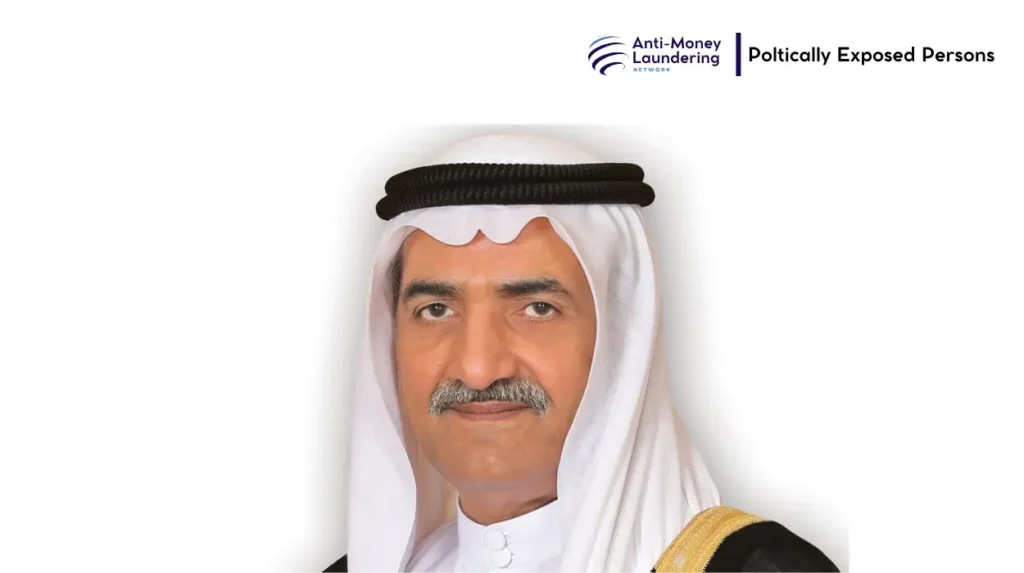Sheikh Hamad bin Mohammed Al Sharqi, Fujairah’s ruler since 1974, exemplifies entrenched elite power in the UAE, leveraging decades of unchecked authority for personal and family gain. Despite credible links to offshore wealth and historic financial scandals, his rule benefits from a political system lacking transparency and accountability. Internal family whistleblowers further expose systemic financial misconduct, revealing how state institutions are manipulated to shield illicit wealth and undermine anti-corruption efforts. This profile underscores the challenges of elite impunity within Gulf monarchies.
Sheikh Hamad bin Mohammed Al Sharqi, as the long-term ruler of Fujairah and member of the UAE Supreme Council, occupies a pivotal role in a political system that promotes concentrated elite power and limited transparency. His historical and ongoing involvement in major financial scandals (e.g., BCCI) and offshore wealth concealment exemplifies how ruling family members can exploit their authority and state institutions for illicit gain. The limited enforcement of anti-money laundering regulations in the UAE, combined with protective political structures, shields such elites from accountability. His son’s public denunciations of money laundering within the family underline internal dissent and systemic issues of impunity. While concrete prosecutorial actions remain absent, multiple credible investigations and leaks provide a critical window into the shadow networks enabling high-level financial misconduct in Fujairah’s ruling elite.

